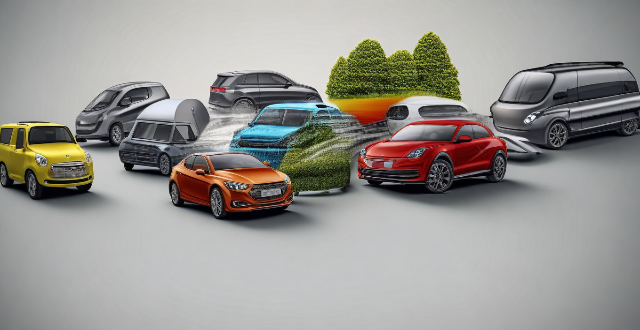The article compares the costs of diesel hybrid cars and regular diesel cars, considering factors such as initial purchase price, fuel efficiency, and long-term savings. Diesel hybrid cars are more expensive initially due to their advanced technology but offer improved fuel efficiency and reduced emissions, leading to potential long-term savings and environmental benefits. Regular diesel cars are less expensive upfront but are generally less fuel-efficient and produce more emissions. The choice between the two depends on individual priorities and budget.

Cost Comparison between Diesel Hybrid Cars and Regular Diesel Cars
The cost of a diesel hybrid car compared to a regular diesel car depends on several factors, including the make and model, additional features, and fuel efficiency. In general, diesel hybrid cars are more expensive than their regular diesel counterparts due to the added technology required for the hybrid system. However, the long-term savings in fuel costs can offset the initial price difference.
Initial Purchase Price
Diesel Hybrid Cars
- Higher initial cost: Diesel hybrid cars typically have a higher purchase price than regular diesel cars due to the added complexity and technology of the hybrid system.
- Additional features: Many diesel hybrid cars come with advanced features such as regenerative braking, start-stop technology, and electric motor assistance, which may contribute to the higher cost.
Regular Diesel Cars
- Lower initial cost: Regular diesel cars are generally less expensive than diesel hybrid cars, making them more accessible to budget-conscious buyers.
- Simpler technology: The absence of a hybrid system means that regular diesel cars have simpler technology, which can lead to lower repair and maintenance costs over time.
Fuel Efficiency and Long-Term Savings
Diesel Hybrid Cars
- Improved fuel efficiency: Diesel hybrid cars are designed to be more fuel-efficient than regular diesel cars, which can result in significant long-term savings on fuel costs.
- Reduced emissions: The hybrid system in diesel hybrid cars helps reduce harmful emissions, potentially leading to lower environmental impact and tax benefits for owners.
Regular Diesel Cars
- Lower fuel efficiency: Regular diesel cars are generally less fuel-efficient than diesel hybrid cars, resulting in higher long-term fuel costs.
- Higher emissions: Without the benefits of a hybrid system, regular diesel cars tend to produce more emissions, which may lead to higher environmental impact and potential tax penalties for owners.
In conclusion, while diesel hybrid cars have a higher initial purchase price compared to regular diesel cars, the long-term savings in fuel costs and potential environmental benefits can make them a worthwhile investment for some buyers. However, regular diesel cars remain a more affordable option for those who prioritize initial cost over long-term savings and environmental impact.